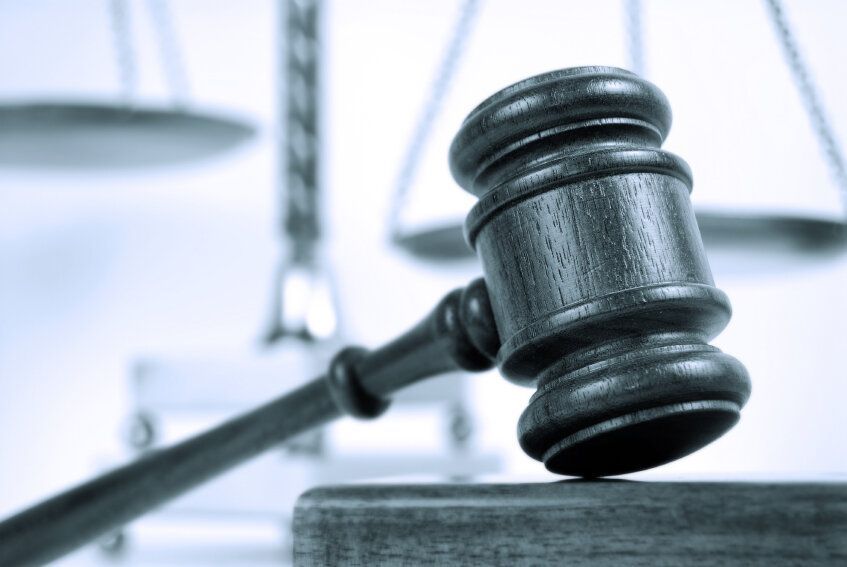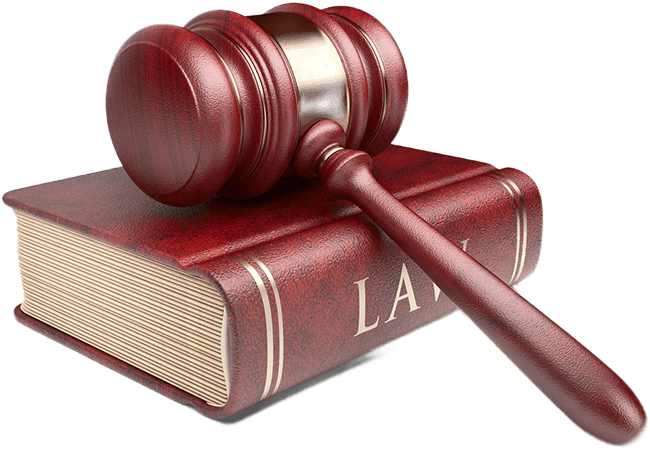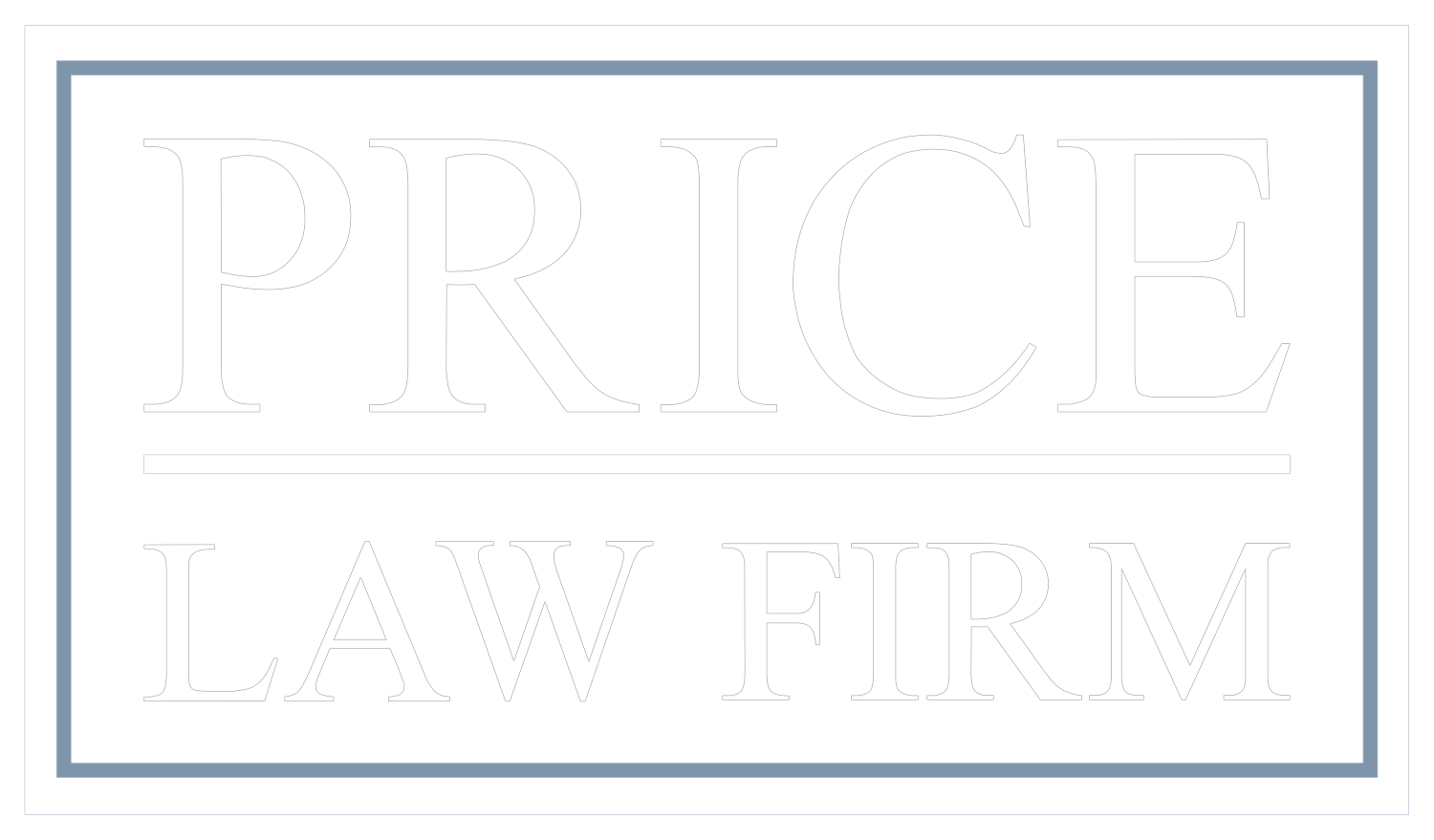
How to Fight a Rent Overcharge in NYC: Legal Steps Tenants Can Take
Renting in New York City comes with challenges, and one of the most common—and stressful—is discovering you may be paying more rent than you legally should. Many tenants don’t realize that landlords can’t simply set any rent they choose, especially in rent-stabilized or rent-controlled apartments. If you suspect you’re a victim of a rent overcharge, you’re not alone, and you have options.
At The Price Law Firm, LLC, we represent tenants across NYC who are dealing with unlawful rent practices. With more than 25 years of experience in New York real estate law, we’ve seen firsthand how landlords attempt to exploit complex housing regulations—and how tenants can successfully fight back.

What Counts as a Rent Overcharge in NYC?
A rent overcharge occurs when a landlord charges a tenant more than the legal regulated rent for their apartment. This typically applies to rent-stabilized and rent-controlled units, though other cases exist when landlords unlawfully increase rent.
Common scenarios that qualify as rent overcharges include:
- Charging above the legal regulated rent for a stabilized apartment
- Illegally applying vacancy bonuses (now prohibited under the Housing Stability and Tenant Protection Act of 2019)
- Misusing Major Capital Improvements (MCIs) or Individual Apartment Improvements (IAIs) to inflate rent
- Ignoring J-51 or 421-a tax abatement restrictions, which require units to remain rent-stabilized
- Collecting higher rent without properly registering increases with the New York State Division of Housing and Community Renewal (DHCR)
For tenants, the challenge is often knowing whether they’re paying the correct rent in the first place.
Why Rent Overcharges Are Common in NYC
The high demand for housing in NYC, combined with complicated rent regulation laws, creates an environment where landlords may push the limits—or outright break the rules.
Some of the most common reasons overcharges happen include:
- Complex Rent Stabilization Rules
Many tenants don’t know if their apartment should be rent-stabilized, leaving landlords room to misrepresent rent. - Misuse of Deregulation
Although deregulation has largely been curbed, some landlords continue trying to illegally move apartments out of stabilization to charge market rates. - Lack of Transparency
Landlords are supposed to provide rent histories, but many don’t unless tenants specifically request them from DHCR. - Tax Abatement Programs
Programs like J-51 and 421-a give landlords tax breaks in exchange for keeping units rent-stabilized. Some landlords unlawfully collect benefits while charging illegal market rents.
The bottom line: landlords often rely on tenants not knowing their rights. That’s why working with an experienced landlord tenant plaintiff lawyer is key.
Legal Protections for Tenants Facing Rent Overcharges
New York law provides significant protections for tenants, especially under the Rent Stabilization Law (RSL) and the Housing Stability and Tenant Protection Act (HSTPA) of 2019.
Key protections include:
- Four-Year Lookback Rule: Tenants can generally challenge rent going back four years, though fraud can extend this period.
- Treble Damages: If the overcharge is proven to be willful, tenants may recover up to three times the overcharged amount.
- DHCR Oversight: Tenants can file complaints directly with the DHCR, which investigates rent overcharge claims.
- Lease Registration Requirements: Landlords must register rent-stabilized leases with DHCR every year.
Understanding these protections is the first step in reclaiming your rights—and your money.
Step-by-Step Guide for Tenants Suspecting Rent Overcharges
If you believe your rent is higher than it should be, here’s how to take action:
1. Gather Your Lease and Rent History
Request your apartment’s rent history from the DHCR. This document shows the rent amounts registered for your unit over time.
2. Compare Legal Rent vs. Charged Rent
Check whether the rent you’re paying aligns with what’s registered. Discrepancies are a red flag.
3. Look for Signs of Illegal Increases
- Sudden, unexplained rent jumps
- Rent far above similar units in the building
- Claims that your apartment was deregulated when it should not have been
4. Consult a Landlord Tenant Plaintiff Lawyer
An attorney can analyze your rent history, calculate possible overcharges, and advise whether to file a DHCR complaint or pursue litigation.
5. File a Complaint or Begin Legal Action
- DHCR Complaint: Less costly, but the process can take time.
- Court Action: May lead to faster resolution, especially with treble damages at stake.
The Price Law Firm, LLC can guide you through either path, ensuring you take the strongest approach for your situation.
What to Expect From a Legal Case or DHCR Complaint
Many tenants wonder how long the process takes and what the outcomes might be.
Timeline:
- DHCR complaints can take months or even years, depending on complexity.
- Court cases may resolve more quickly, though outcomes vary.
Possible Outcomes:
- Refund of rent overcharges
- Rollback of your legal rent to the proper amount
- Treble damages if overcharges are proven willful
- Recovery of attorney’s fees in some cases
An experienced NYC landlord tenant plaintiff lawyer can position your case for maximum recovery.
How a Landlord Tenant Plaintiff Lawyer Can Maximize Your Outcome
While tenants can technically file complaints on their own, having an attorney makes a significant difference. At The Price Law Firm, LLC, we:
- Investigate Thoroughly: We analyze rent histories, prior leases, and building documentation to uncover fraud.
- Build Strong Legal Arguments: We apply decades of experience in NYC rent law to your case.
- Negotiate Strategically: In some cases, pressure alone can lead to a favorable settlement without lengthy litigation.
- Litigate Aggressively When Needed: If a landlord refuses to comply, we are prepared to fight in court for maximum recovery.
Our selective approach means we devote full resources to cases with strong merit, ensuring tenants get the representation they deserve.
Preventing Future Rent Overcharges
Once your case is resolved, you’ll want to make sure it doesn’t happen again. Some proactive steps include:
- Request Rent History Annually: Tenants can request this for free from DHCR.
- Keep Documentation: Save every lease renewal, receipt, and notice from your landlord.
- Stay Informed: NYC rent laws change frequently—knowing your rights helps prevent violations.
- Work With a Trusted Attorney: Having ongoing legal guidance means landlords think twice before trying to overcharge again.
Conclusion: Take Action Against Rent Overcharges
Rent overcharges in NYC aren’t just unfair—they’re illegal. Tenants have the right to challenge unlawful rent increases, recover overpayments, and secure peace of mind.
At The Price Law Firm, LLC, we’ve spent over 25 years fighting for tenants against landlords who break the rules. If you suspect you’re paying more than the legal rent, don’t wait. Contact us today for a free consultation and let us help you protect your home and your finances.
Don’t leave your legal matters to chance. SCHEDULE A CONSULTATION OR CALL US AT (212) 675-1125 for a personalized consultation and let our experts guide you through every step of the process.
Joshua Clinton Price
Founder of The Price Law Firm LLC
Josh Price is a lawyer who is sought by clients with complicated cases because of his extensive knowledge of the law and his ability to help the law evolve.
Search an article
Contact Us for a
FREE Consultation
Blog (Website Form)

Facing a real estate issue?
Contact us to schedule a consultation and get expert legal advice tailored to your specific needs and circumstances.
OR CALL US NOW AT:
SHARE THIS ARTICLE:
Recent Posts
Get Expert Legal Advice











